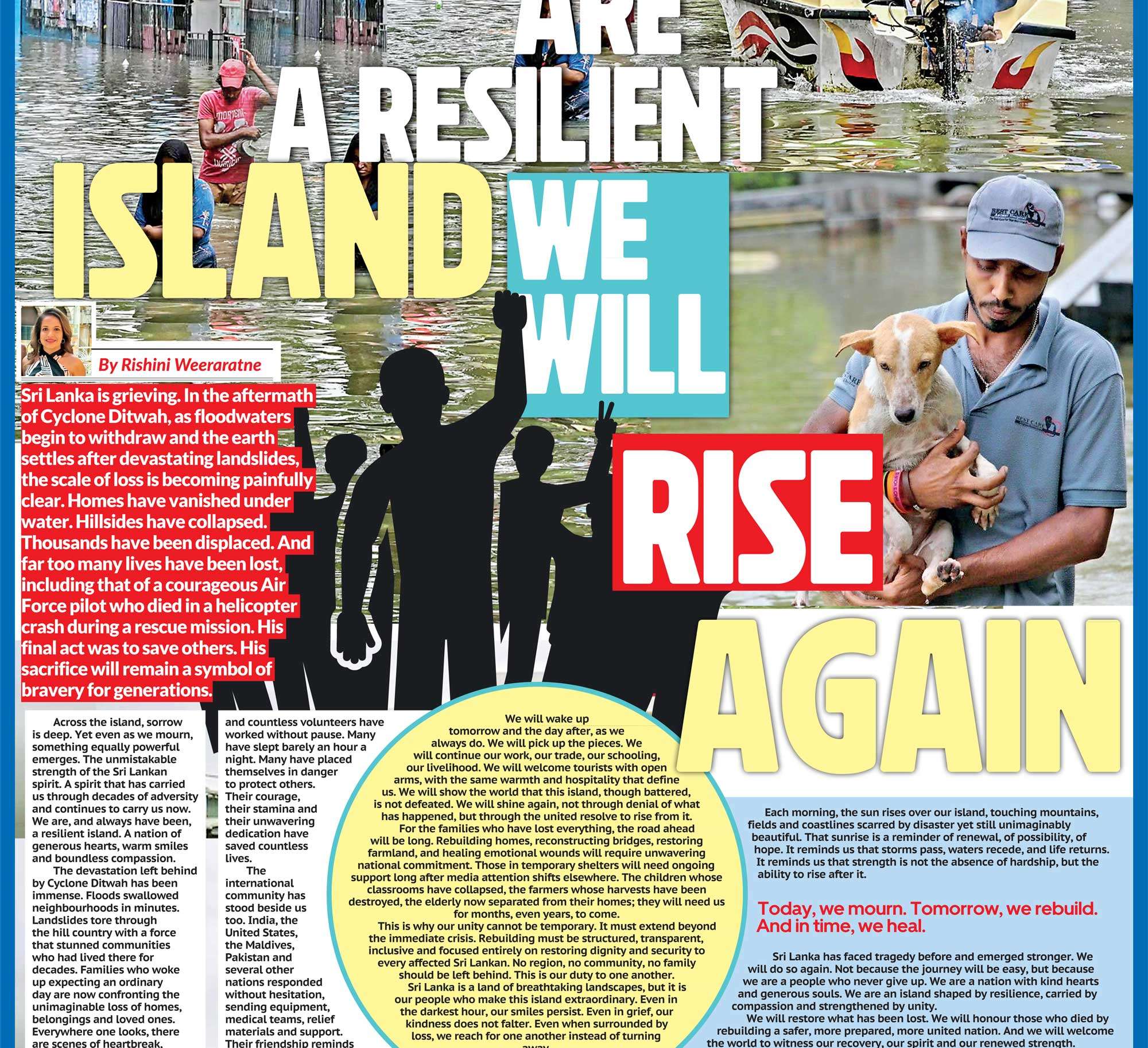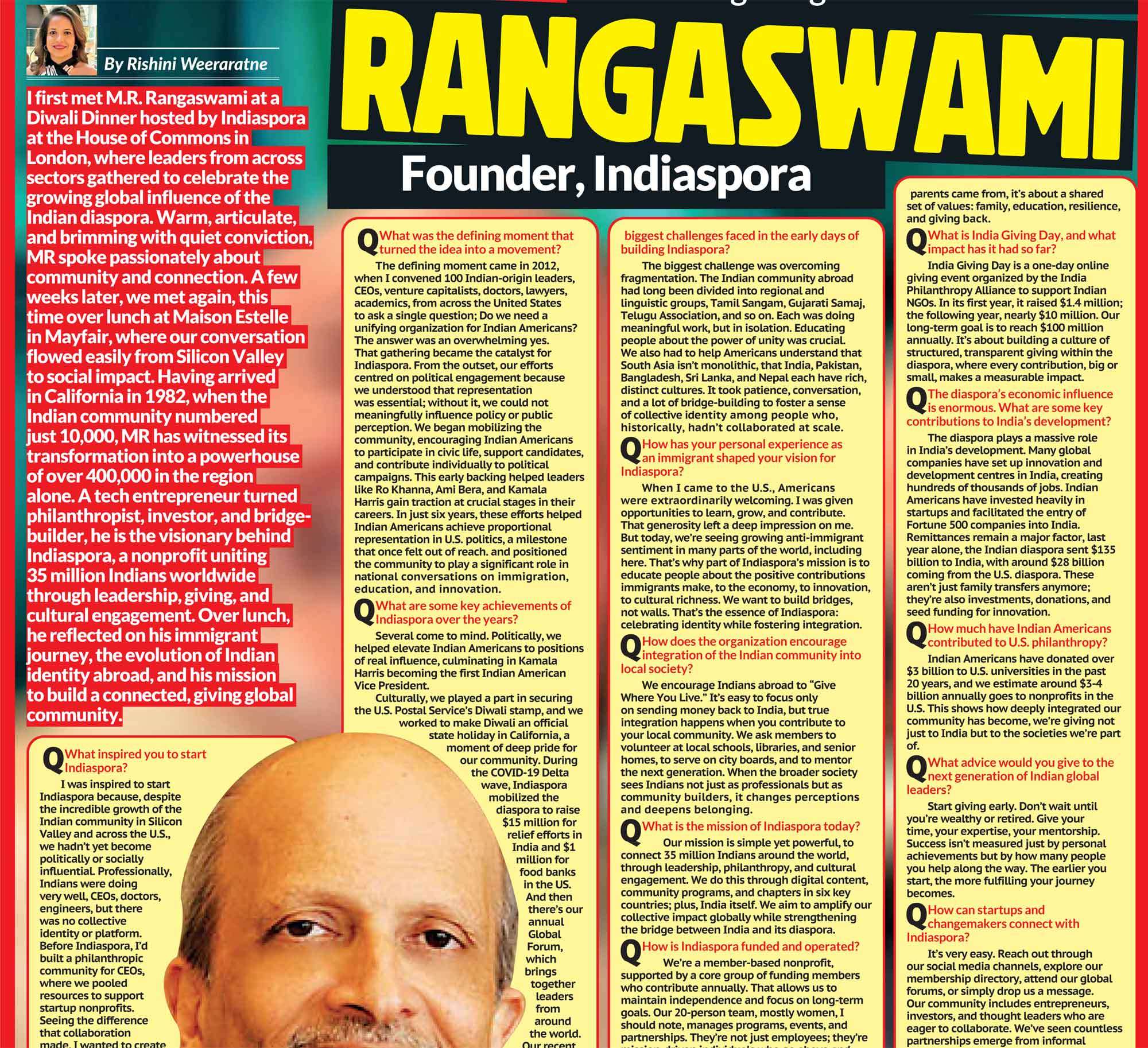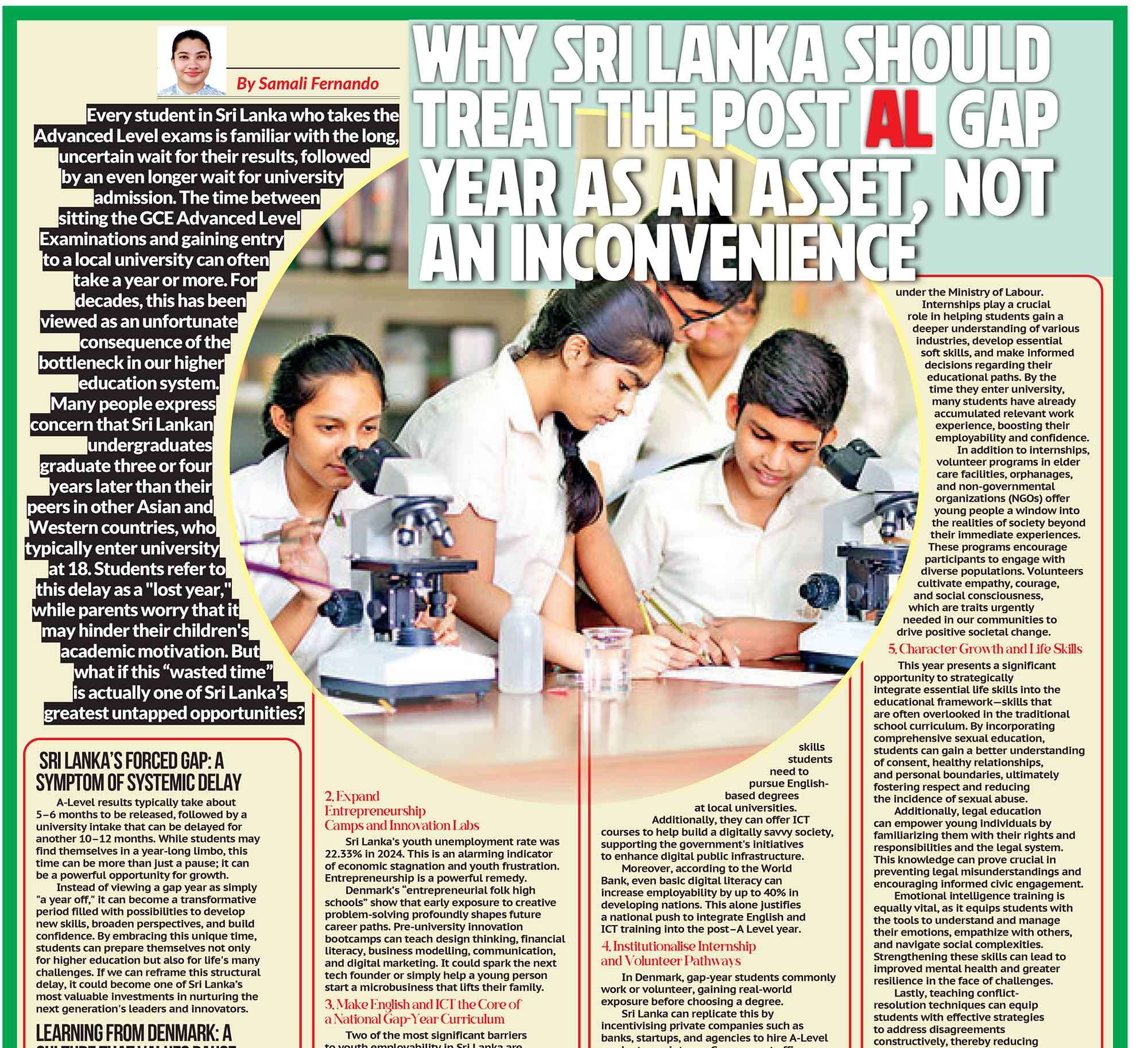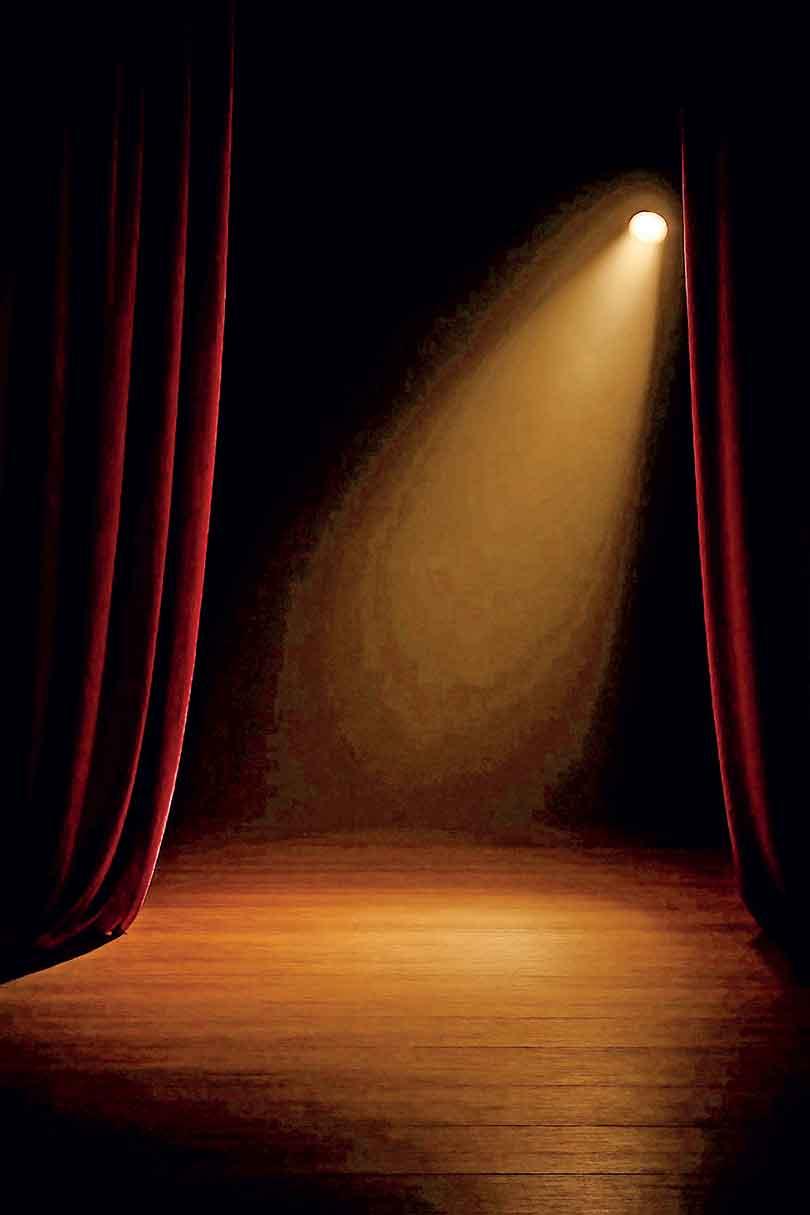

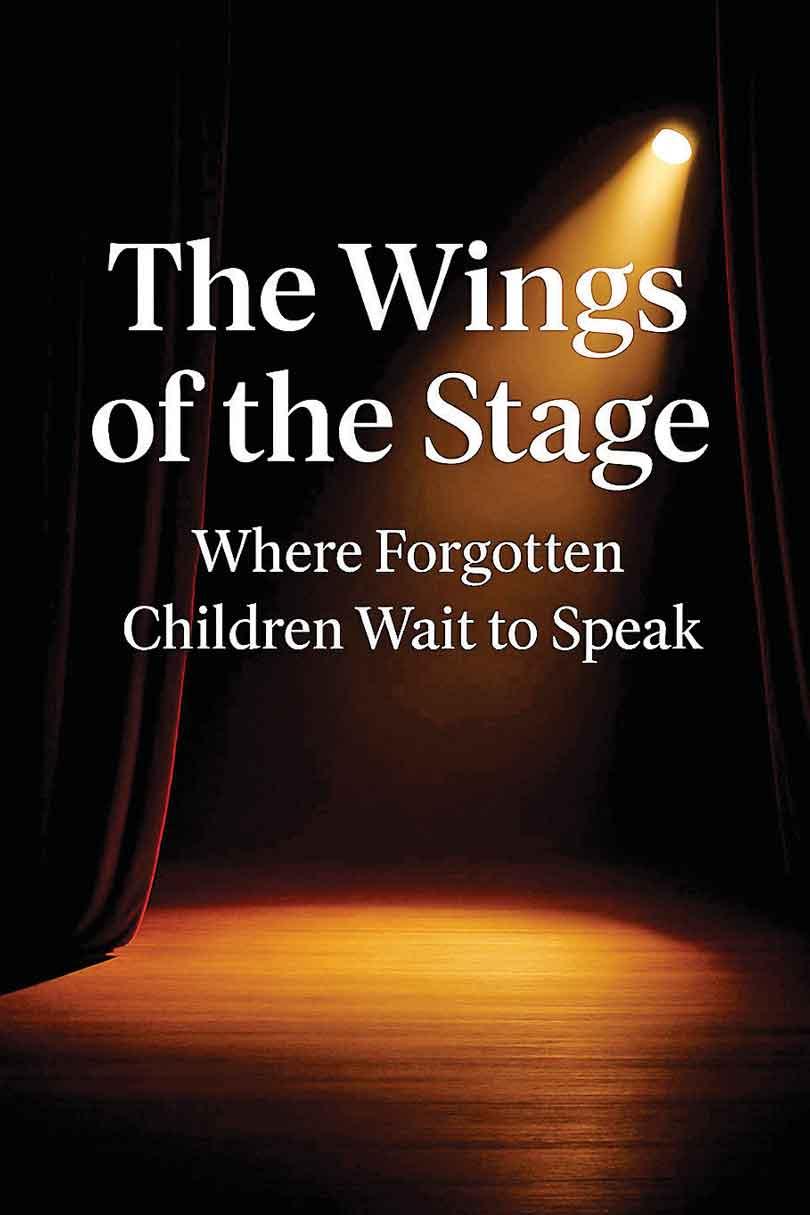
“All the world’s a stage,” Shakespeare declared, yet in every play there are characters who never speak, who wait in the shadows of the wings, whose presence is felt but rarely acknowledged. In Sri Lanka’s education system, too, there are such figures; children whose voices are muted, whose talents are overlooked, whose potential remains in waiting. This is their story.
Prologue: A Promise and a Silence
Sri Lanka’s free education system is often hailed as a triumph, a progressive model envied across South Asia. With literacy rates surpassing 92%, the island proudly celebrates its legacy of universal schooling as a jewel in its national crown. On the surface, it appears to be a resounding success story. Yet beneath this shining narrative lies a quieter, less triumphant truth: not every child is granted the same script. The promise of free education is not equally fulfilled. For the rural child, education often means walking miles to reach a classroom stripped of resources, taught by teachers who rotate in and out due to staff shortages. For the differently abled child, it becomes a daily negotiation with a system not designed to match their pace of learning or style of expression. For the creative child; the poet, the actor, the artist, it is an experience of invisibility, their spark dimmed by a system that values exam scores above imagination. These are the forgotten children. They sit, unseen, in the wings of Sri Lanka’s great stage of education, waiting for a chance to speak.
Act I: The Chorus of Inequality
Every drama needs a chorus, a voice that speaks to the truths the main characters do not. In Sri Lanka’s classrooms, inequality is this ever-present chorus. It hums through the nation’s schooling, shaping the destiny of children long before they sit for their first exam. Urban schools in Colombo or Kandy may boast smart classrooms, functioning science laboratories, and access to extracurricular clubs. Meanwhile, rural schools in Monaragala or Mannar often struggle with broken furniture, outdated textbooks, and skeletal staff. This imbalance is not simply logistical; it becomes a lifelong determinant of opportunity. Children with special educational needs face an even harsher version of this inequality. While inclusive education is a stated goal, in practice it often collapses under unprepared teachers, scarce adaptive technologies, and rigid curricula. Parents, eager to help, are frequently excluded from school planning. A child with dyslexia may be asked to “try harder,” while one with mobility challenges may be physically unable to access a second-floor classroom. Their silence is not self-chosen; it is imposed by neglect. Like a Greek chorus, inequality narrates the story we do not want to hear, that free education in name is not always equal education in reality.
Act II: The Tyranny of the Spotlight
Every stage has its spotlight, and in Sri Lanka’s schools, it shines squarely on the exam system. The Grade 5 Scholarship exam, the O/Ls, and the A/Ls dominate the educational stage, dictating who will advance, who will falter, and who will be cast aside. But spotlights are harsh and narrow. They do not illuminate the entire stage.
They privilege those who can perform in their beam and leave others in the shadows. What happens, then, to the child whose gifts lie outside its glare? The student with dyslexia who struggles to recall lines of text yet can design ingenious machines. The autistic child who perceives patterns in nature invisible to others but cannot endure the chaos of a written test hall? The child who stammers on paper but commands an audience in song. Research confirms that Sri Lankan adolescents face some of the highest rates of exam-related stress in the region. Anxiety, depression, and burnout rise as children approach these gatekeeping assessments. For those who cannot dazzle in the spotlight of standardized testing, the system labels them “weak” or “failures.” Their talents, often rich and multidimensional, are eclipsed by a single metric. The tyranny of the spotlight tells children that worth is measured only by grades, not by the fullness of their humanity.
Act III: The Stage of Equals - Drama and the Arts
And yet, within the metaphor of performance itself lies an antidote: drama. Unlike exams, drama invites every voice. In a play, the king cannot deliver his lines without the servant’s cue. The chorus cannot sing if one voice falters. A story collapses if even a minor role is absent. International research has long recognized drama and the arts as powerful tools in inclusive education. They cultivate empathy, encourage collaboration, and unleash creativity. These are not “extras”; they are competencies that prepare students for a complex world where adaptability, communication, and innovation matter as much as academic mastery. In Sri Lanka, drama competitions, cultural events, and school productions already offer glimpses of this potential. Teachers often witness transformations: a shy child discovering newfound confidence as a queen, a student with learning difficulties memorizing and performing lines more easily than equations, or a group of mixed-ability learners building solidarity through a shared performance. Drama levels the stage. It does not ask, “Are you clever enough?” Instead, it asks, “Can you contribute to the story?” For many forgotten children, this is the only arena where they are not forgotten.
Act IV: Stories from the Shadows
To understand the cost of silence, one must listen to the stories that unfold in the shadows. There is the girl from a rural village, labelled “weak” because she failed mathematics. In a role-play exercise about community life, she takes charge, improvising dialogue so powerfully that even her teachers are startled. For the first time, her classmates see her as a leader. There is the boy with a hearing impairment, sidelined in most classes, who discovers mime. Without uttering a single word, he tells stories that move audiences to tears. On the stage, his disability is not a barrier; it is his unique language. And there is the teenager who stumbles through English grammar lessons but, in a school drama, delivers a monologue so raw and heartfelt that the audience sits in stunned silence. His teacher later confesses, “I never knew he had that inside him.” These stories are not anecdotes to be dismissed. They are evidence that talent, intelligence, and value cannot be reduced to grades or test scores. They are proof of what is lost when the wings of the stage remain unlit.
Act V: A Curtain Call for Change
If Sri Lanka is to fulfil its promise of free education for all, then it must invite the forgotten children from the wings to the centre stage.
Change will not come through rhetoric alone but through deliberate action:
- Revaluing the Arts: Arts education must not be sidelined as a luxury. Drama, music, and visual arts should be woven into the core curriculum, not treated as optional extras.
- Training Teachers: Teachers are the directors of this great play. They need training in inclusive pedagogies, exposure to adaptive technologies, and support systems to accommodate different learning styles.
- Diversifying Assessment: Portfolios, performances, collaborative projects, and oral presentations should complement written exams. A system that values multiple forms of intelligence ensures that every child can shine.
- Listening to Voices: Education reform must involve the children themselves, especially those with special needs. Their voices should shape policies, for they know best what it means to be left waiting in the wings.
Epilogue: The Final Question
Every play end with a question, a silence that lingers in the mind of the audience. Here is ours: Will Sri Lanka’s education system continue to let children wait in the shadows, their potential dimmed, their voices unheard? Or will it finally light the wings of the stage, allowing every child to step forward and play their part? The world is indeed a stage. But it is only when every child is seen, heard, and valued that the performance of education will be worthy of its audience.

